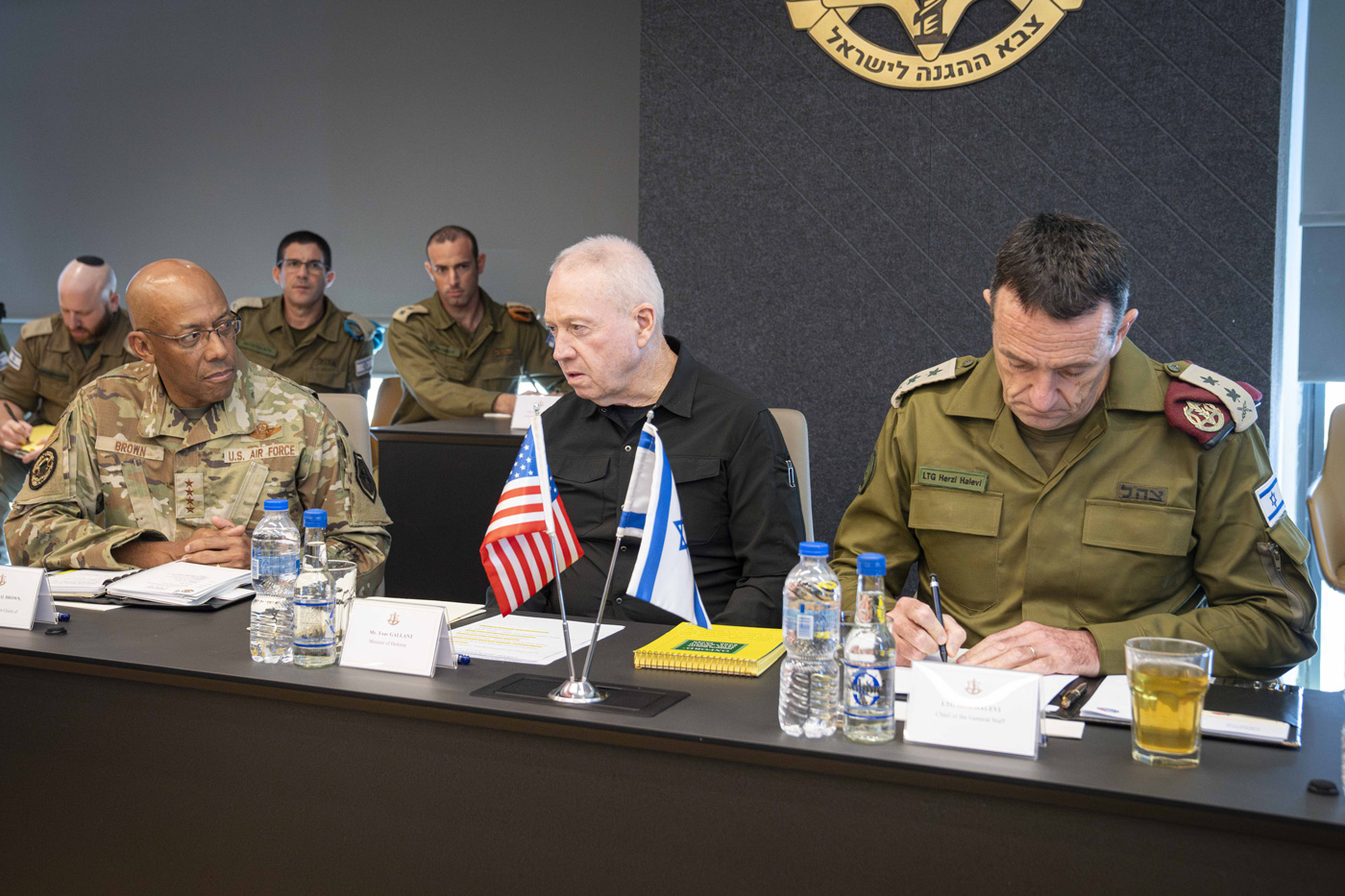“The media reflects women as victims in the context of war”
- What place have women in the media in the Middle East and Maghreb conflicts? Narratives have changed since local and international women report their reality, they have changed their focus. Journalist Natalia Sancha (Huelva, Spain, 1979) coordinates the book Balas for all, a collection “in tribute to all women who are not passive and have a bullet in the chamber” with six correspondents.

What do wars look like from the eyes of journalists?
We have tried to break previous narratives about war in general and the role of women in particular. Since the 1990s, women and children have been represented as victims, we are seeing in the war in Ukraine that the discourse is perpetuating. We wanted to break the only role women have in the concept of being in a refugee camp, the only contact of male journalists with the reality of women in the patriarchal and Muslim context of the Middle East and the Maghreb. 50% of society was not represented.
What has allowed you to approach these realities?
Half of the book’s members are local journalists and other international journalists, but with a long history in the Middle East. We're not parachutists. We know the social fabric and language as a fundamental tool to generate a climate of trust. We went from the first line to the rear, private spaces generally reserved for women. We confirm that women are not victims. Some are radicalized members of ISIS, recruited by other women; others are university students who want to be economically independent...

It was about changing the prism.
You had to look back, turn. Blood is red and calaxnikovas are equal everywhere. Women have always been there in wars that the West did not want to imagine as heroes, because the independence of European colonies was wars. So, yes, there have been many years of lack of resources to reach women, but also of interest.
You have found that sexual violence remains a weapon of war. In these interviews, the role of journalists is especially important, right?
During wars, women's bodies become battlefields. They destroy women to destroy a people. In the context of sexual violence, looking in the eyes and speaking in their language generates a climate of serenity and confidence that is necessary. These kinds of interviews cannot be conducted by men, first because they are men and second because they are foreigners. When there is another person, be it a translator or fixer, in these interviews the link between two indispensable people is lost. They tell you very hard and personal things, taboo subjects.
We cannot talk about women and war without talking about sexualization.
The West doesn't know what to do when it sees a woman with a gun. The Kurds are bored with the rifle in hand when the foreign journalist comes to take photos. Of course, reproducing the stereotypes of Western beauty. The book contains a very significant case, Asia Ramadan was a militia in 2015, a beautiful woman who was baptized by the media as “Angelina Jolie of the Middle East.” When he died fighting the Islamic State, a British newspaper called “Angelina Jolie died from the Middle East”... It has no informative value.
They have also reflected that in times of war life continues inexorably.
What we call normality oasis usually arises in armed conflicts. We have approached this different narrative in the reports: weddings, drunkards, dances, orifices of mortars converted into children's pools, tango classes or parkour through the reduced streets... There are few normalities that help to humanize citizens who are suffering war and help citizens not to lose their sense.
The book written by three local journalists and three other international journalists is called Balas for all. Why?
In honor of all the fighting women I've found. They always kept a bullet to prevent women's bodies from being used as battlefields, so before they were captured by ISIS, they would shoot themselves. They didn't want to fall into the concept of victim at all. In one way or another, although metaphorically, everyone keeps a bullet in the chamber. In honor of all women who are not passive, because in war everyone participates, everyone suffers, there are women.
Beyond the first line
“I have spent the last fourteen years as a correspondent in the Middle East, living in Beirut. I have reported on the conflicts in Syria, Palestine, Libya and Iraq. At the end of the day and back to the hotel, it was usual to meet with other journalists. So I realized that journalists had different stories. Just as important as being on the front line is turning and seeing what's going on in the rear."
Ukraina da munduan arma gehien erosten dituen herrialdea; munduko erosketa guztien %8,8. Merkatuaren ia erdia kontrolatzen duena, berriz, AEB dira: Europak erosi dituen armen erdia baino gehiagok jatorri estatubatuarra dute.
Ezpatak, labanak, kaskoak, fusilak, pistolak, kanoiak, munizioak, lehergailuak, uniformeak, armadurak, ezkutuak, babesak, zaldunak, hegazkinak eta tankeak. Han eta hemen, bada jende klase bat historia militarrarekin liluratuta dagoena. Gehien-gehienak, historia-zaleak izaten... [+]
Euskal Herriaren industriaren etorkizuna ezin dela "heriotzaren, odolaren eta armen gainean" eraiki aldarrikatu dute mobilizazioaren antolatzaileek. Euskal erakundeen nahiz alderdi politikoen "isiltasuna" salatu dute.
Porzheim, Germany, February 23, 1945. About eight o’clock in the evening, Allied planes began bombing the city with incendiary bombs. The attack caused a terrible massacre in a short time. But what happened in Pforzheim was overshadowed by the Allied bombing of Dresden a few... [+]
Vietnam, February 7, 1965. The U.S. Air Force first used napalma against the civilian population. It was not the first time that gelatinous gasoline was used. It began to be launched with bombs during World War II and, in Vietnam itself, it was used during the Indochina War in... [+]
We are in the midst of a world imperialist offensive led by the Western bourgeoisie. The form that the imperialist offensive has taken is that of war, with all its variants: economic war, cognitive and cultural war, lawfarr; and, of course, military war. Western imperialism has... [+]
Year of War, year of lie!
That is what the phrase says, and that is what reality confirms.
Given the situation of war in the world and in Europe, its constant upturn and the possible consequences that this has had and will have in Euskal Herria, last December several citizens... [+]
On 26 December, during an air strike, the Israeli Army killed five Palestinian journalists trying to reach the city. They killed 130 Palestinian journalists. This news has reminded me of a couple of things, the first, the persecution of true journalists in any part of the world,... [+]
The Centre Tricontinental has described the historical resistance of the Congolese in the dossier The Congolese Fight for Their Own Wealth (the Congolese people struggle for their wealth) (July 2024, No. 77). During the colonialism, the panic among the peasants by the Force... [+]
On November 25, International Day against Male Violence, the Steilas Feminist Union Feminist Secretariat has published a poster: Our body is a battlefield, and all the schools in Hego Euskal Herria have received it. We wish to denounce the violence suffered by women and children... [+]
“The time has come for courageous, comprehensive and noble proposals (…) for Euskal Herria to re-enter the world’s revolts,” said friend Hartu López Arana in her opinion article “For an effective aggression” published in ARGIA magazine in July 2018. Six years have... [+]







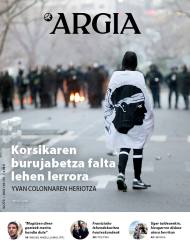

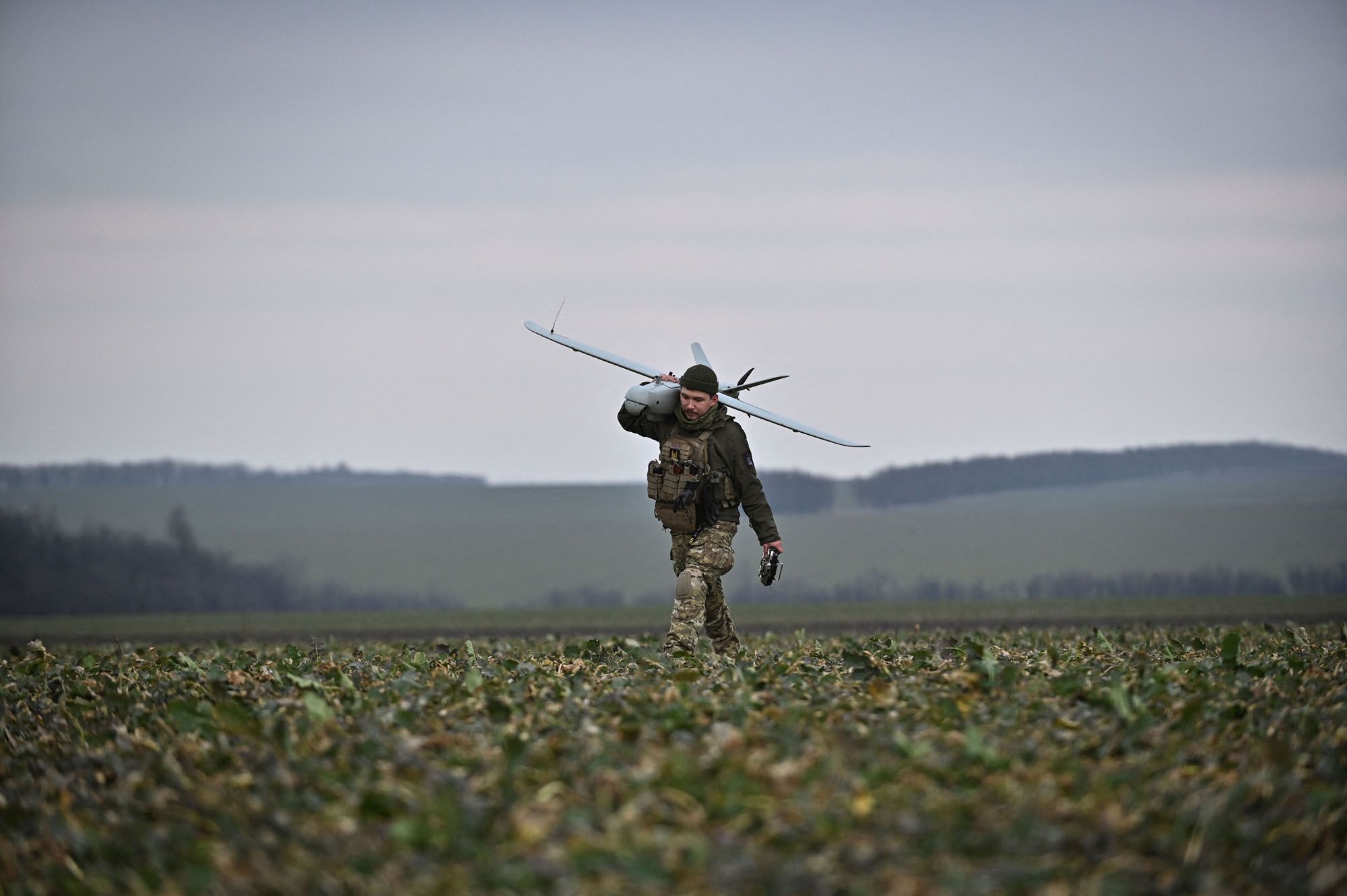
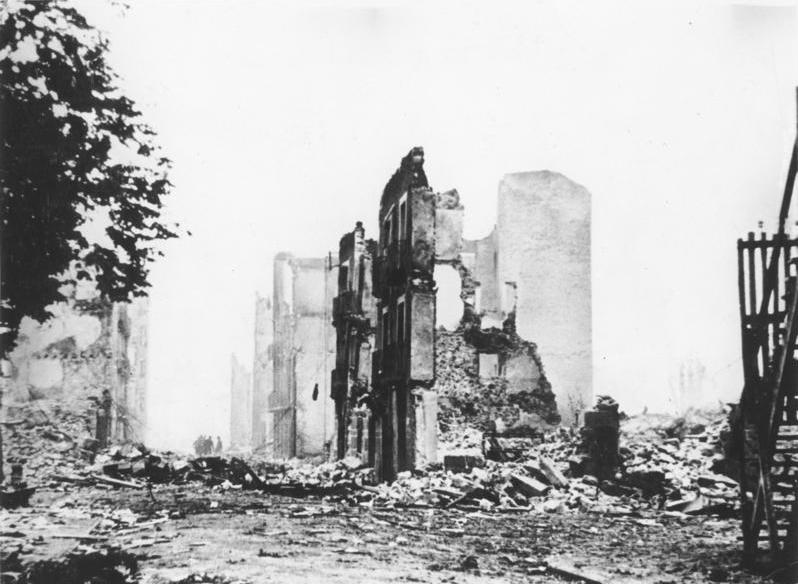
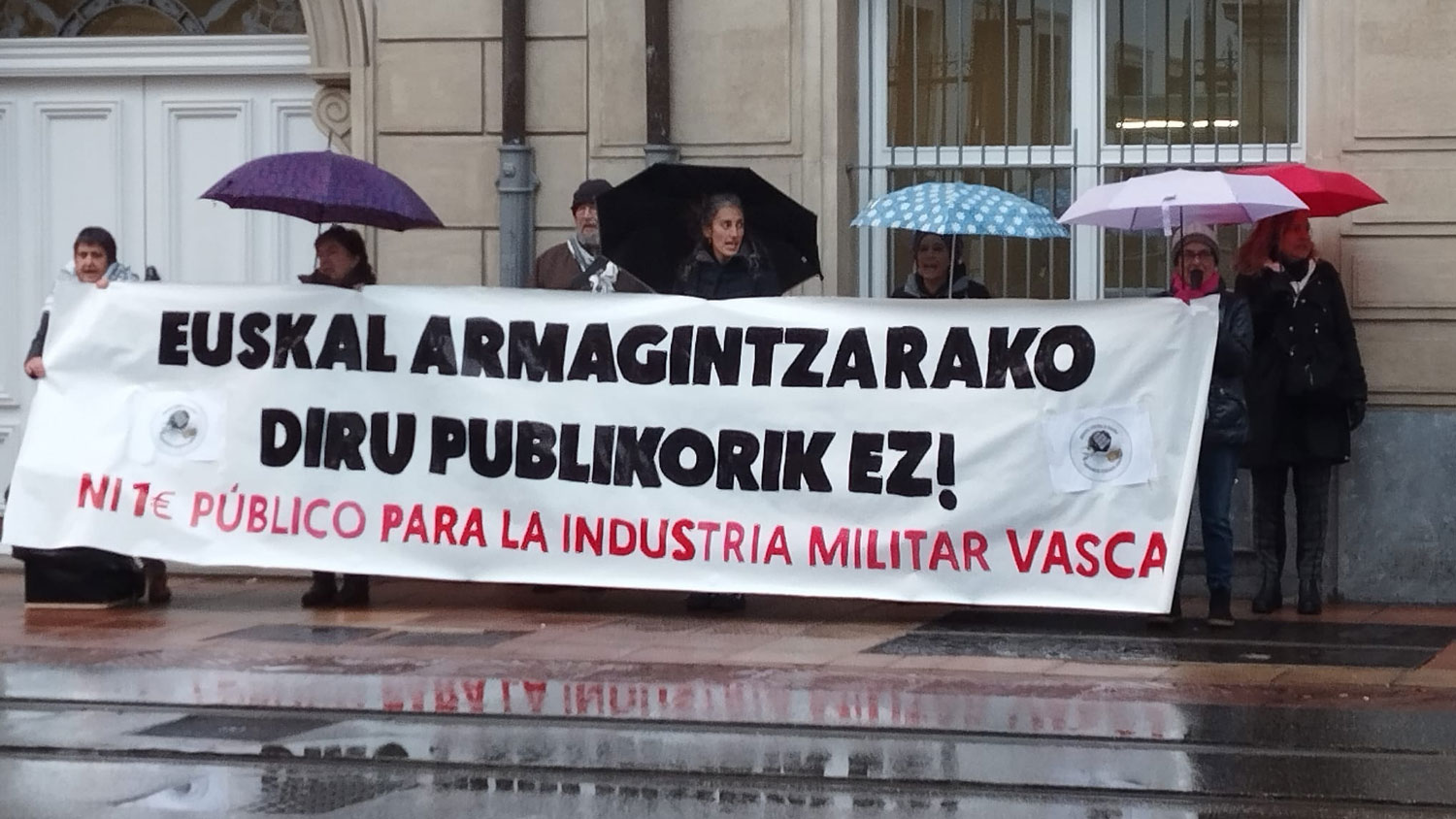


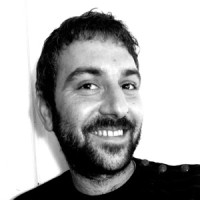
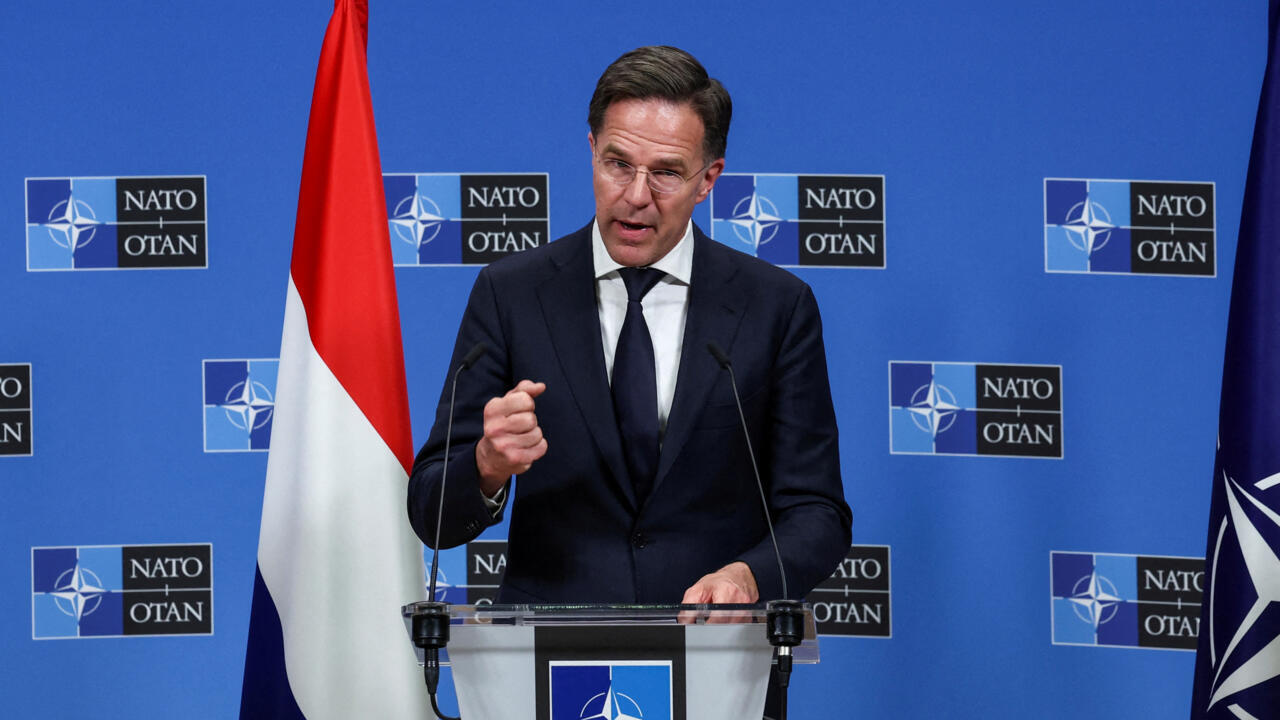
.jpg)

